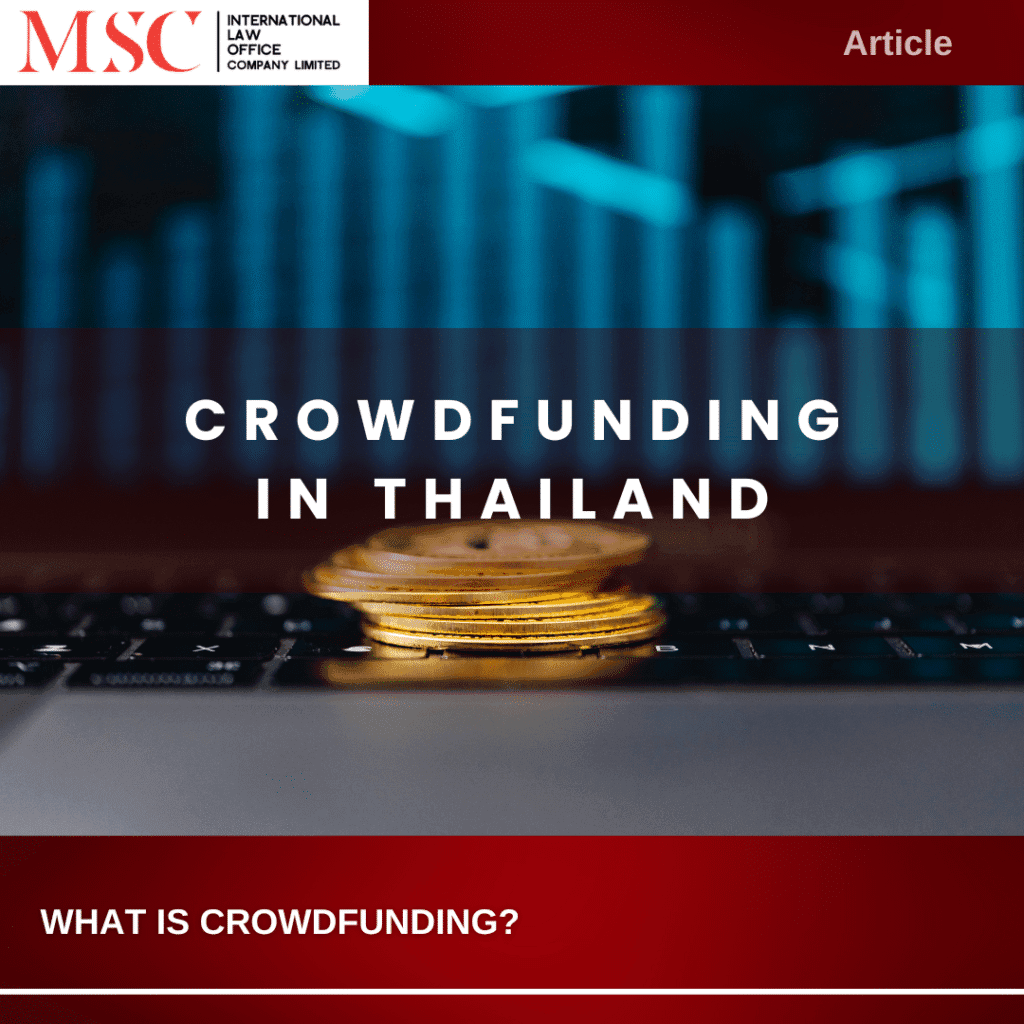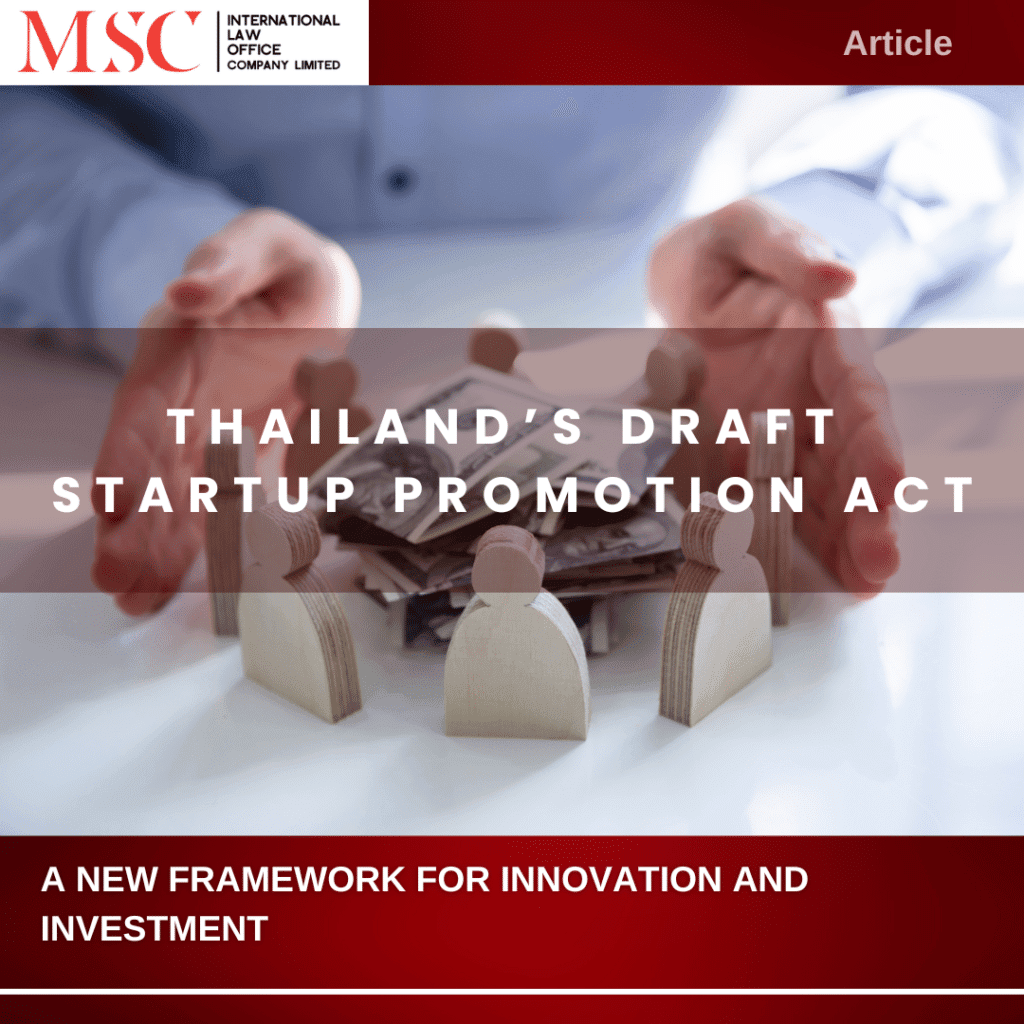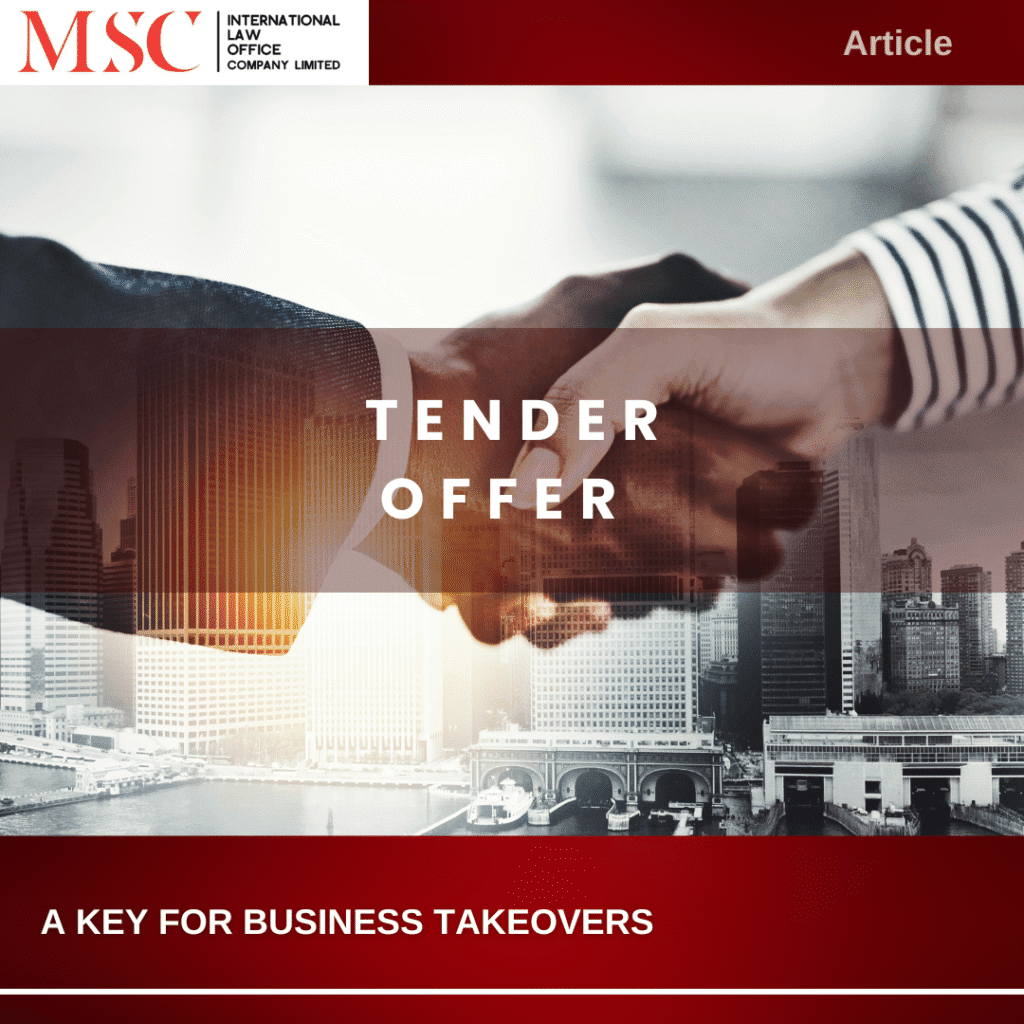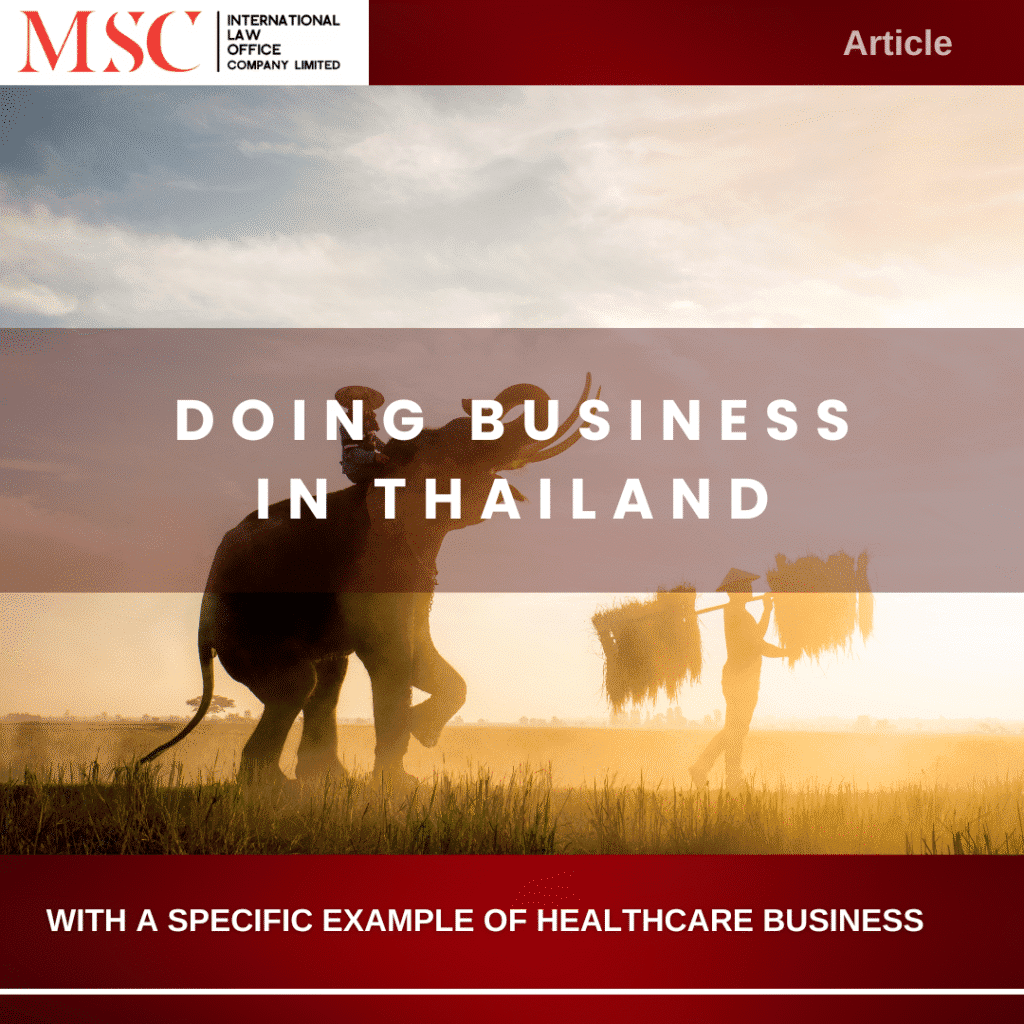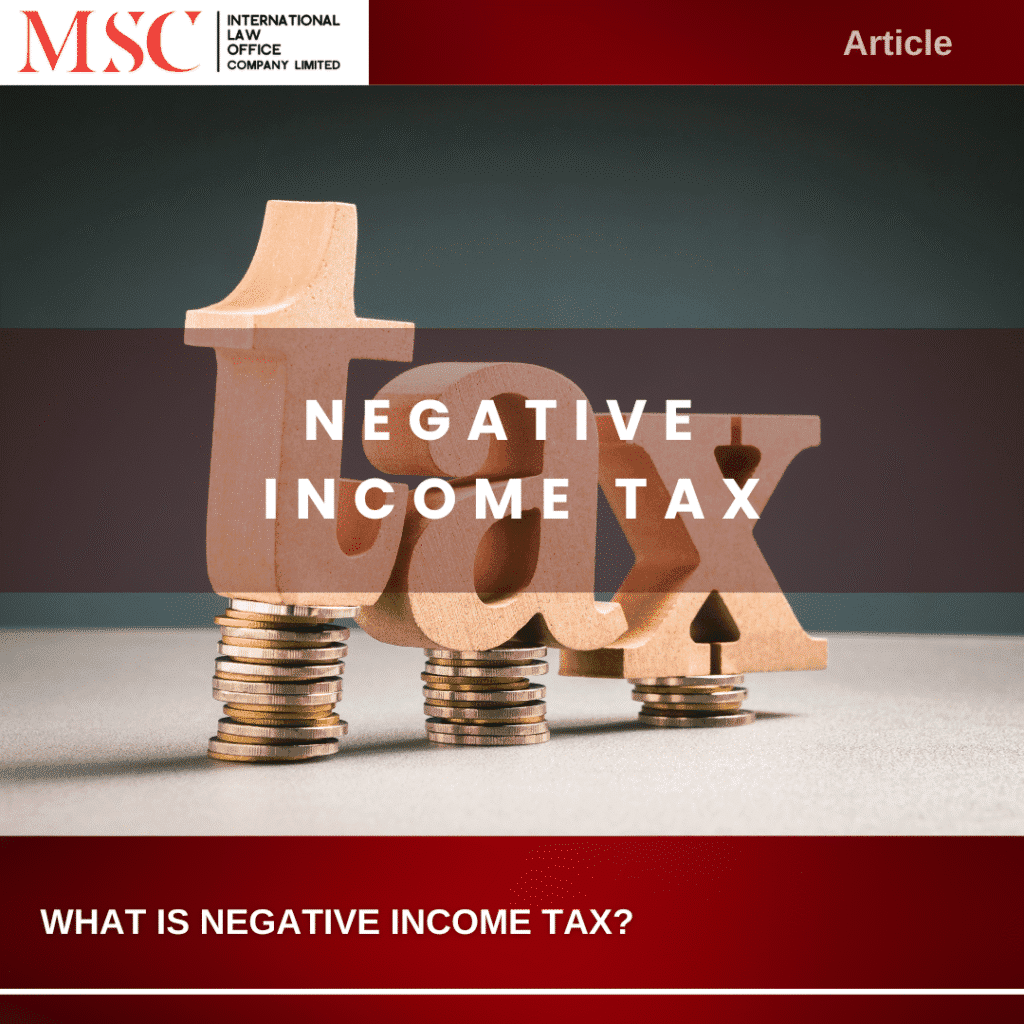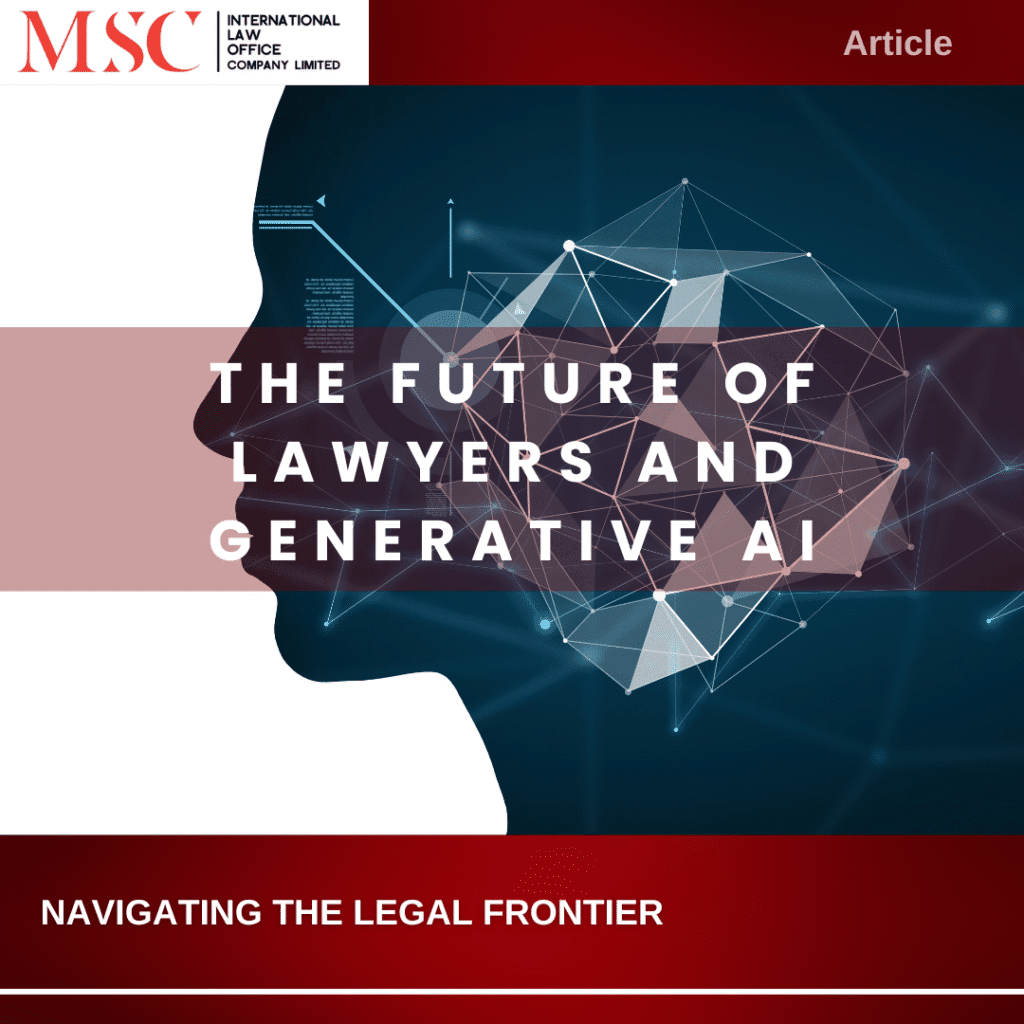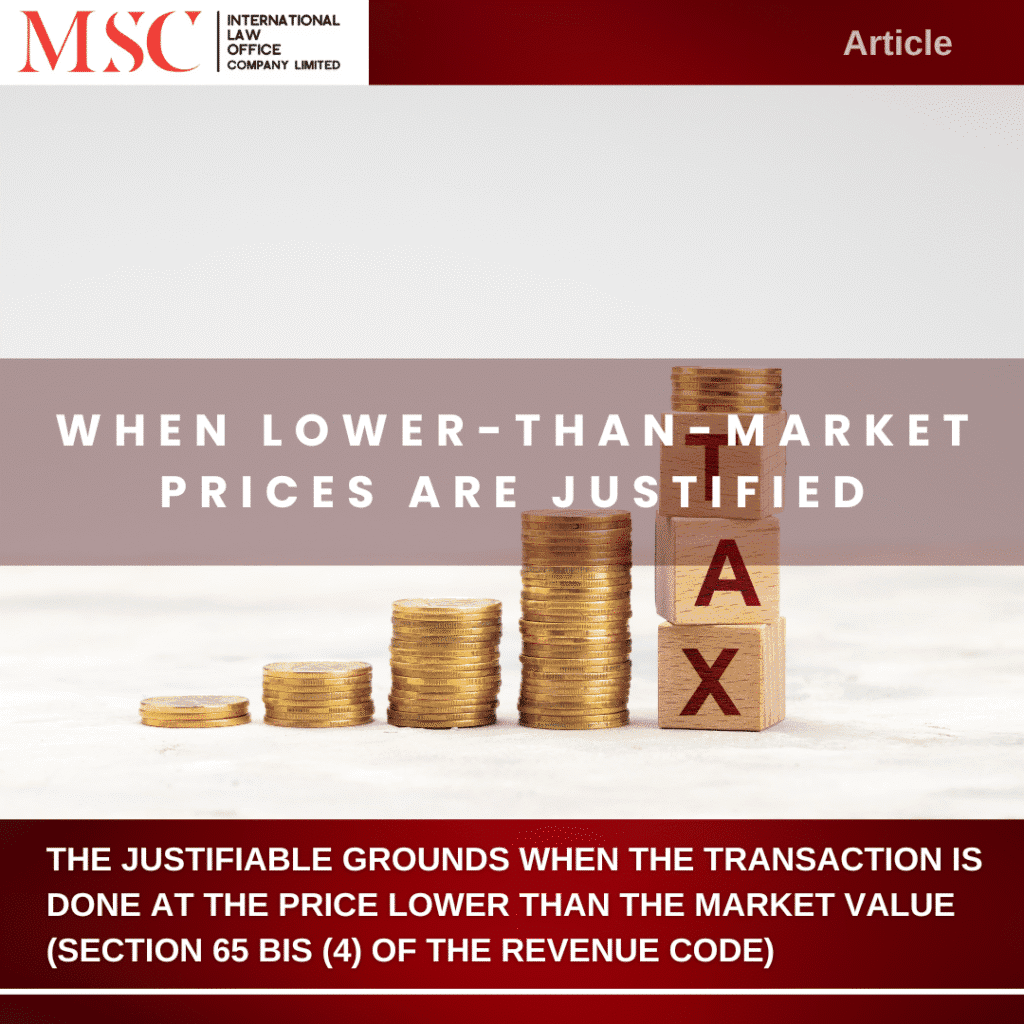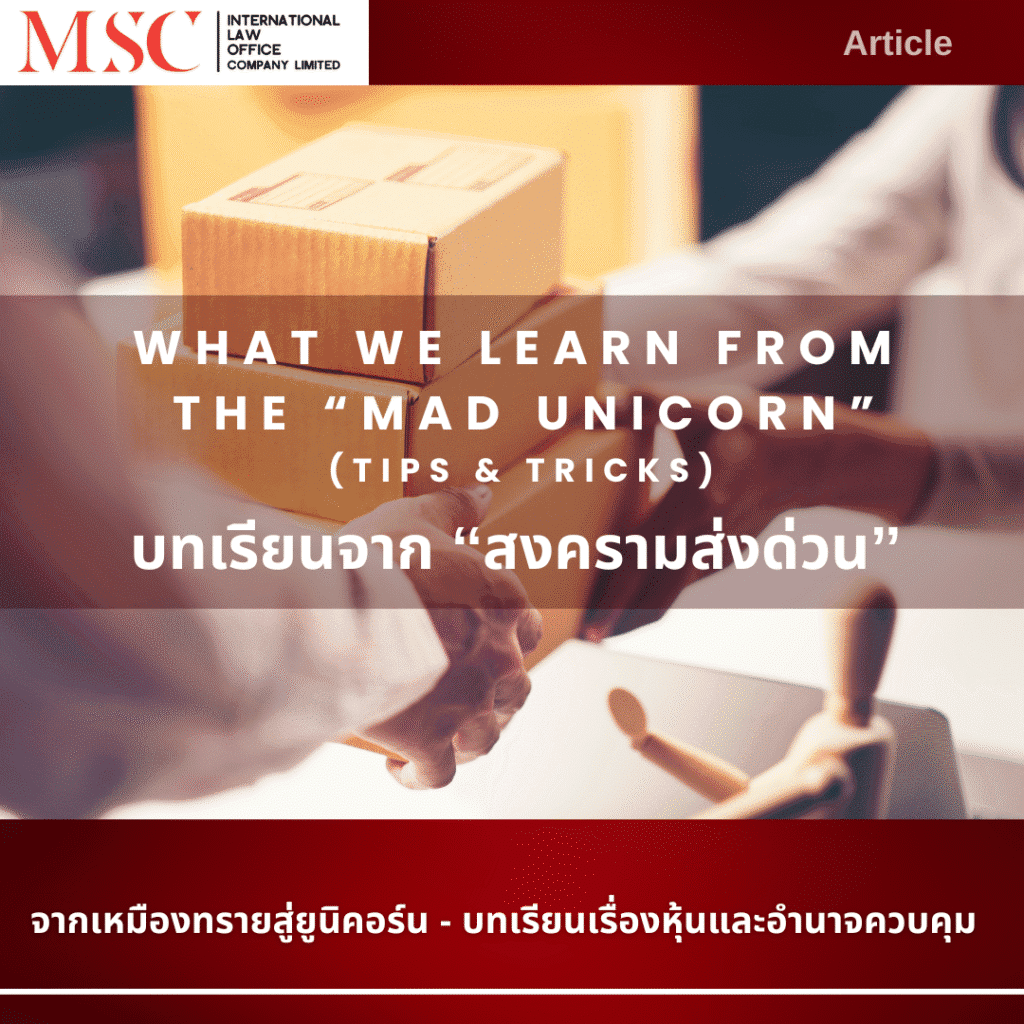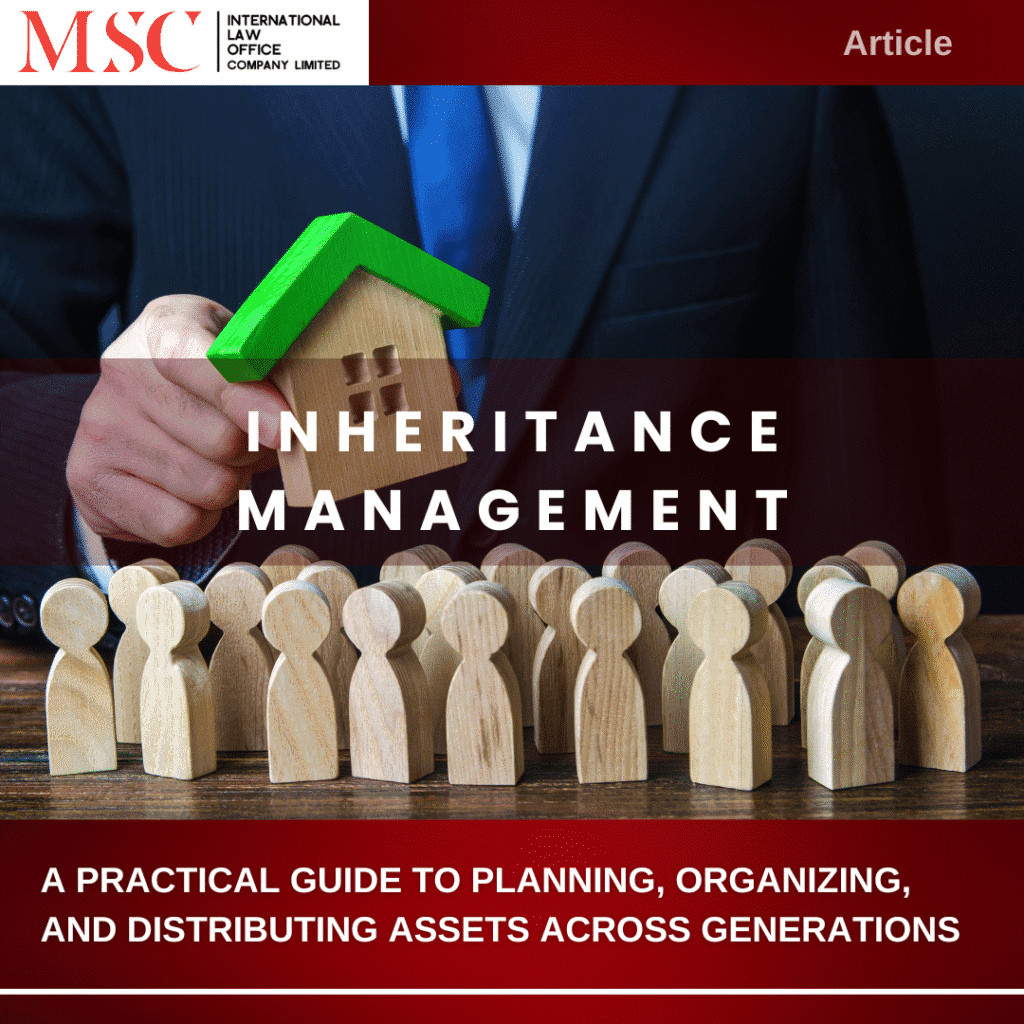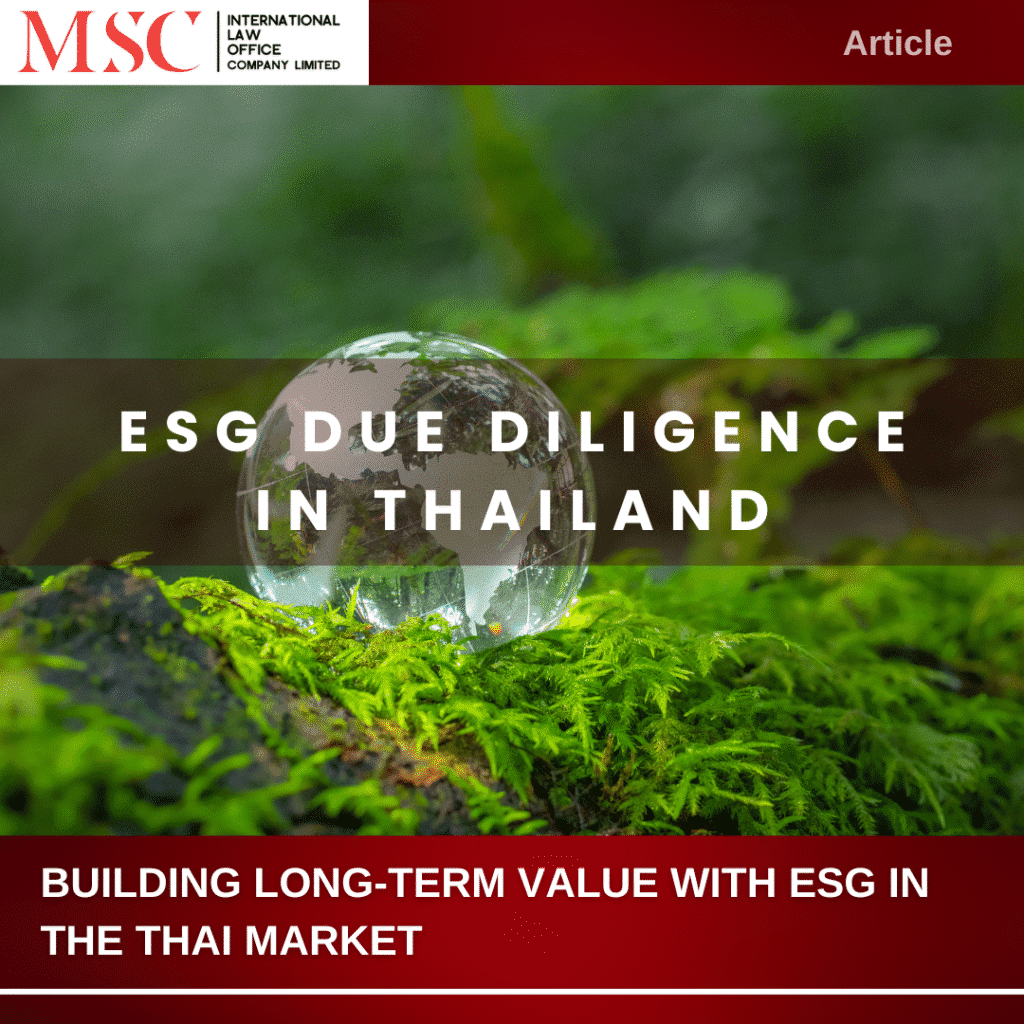การระดมทุนแบบคราวด์ฟันดิงในประเทศไทย
MSC Article Crowdfunding in Thailand What is Crowdfunding? Crowdfunding is a method of fundraising by collecting small amounts of money from a large number of people through funding portals or online platforms. It provides an alternative financing option for SMEs and startups to access capital without relying solely on traditional financial institutions such as banks […]


